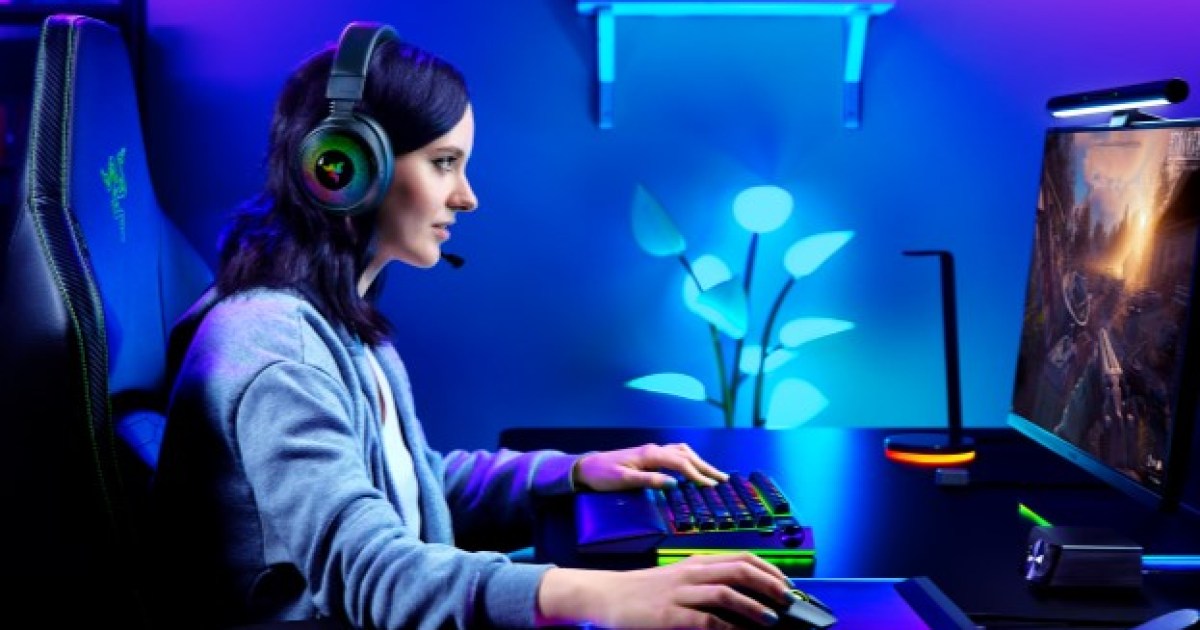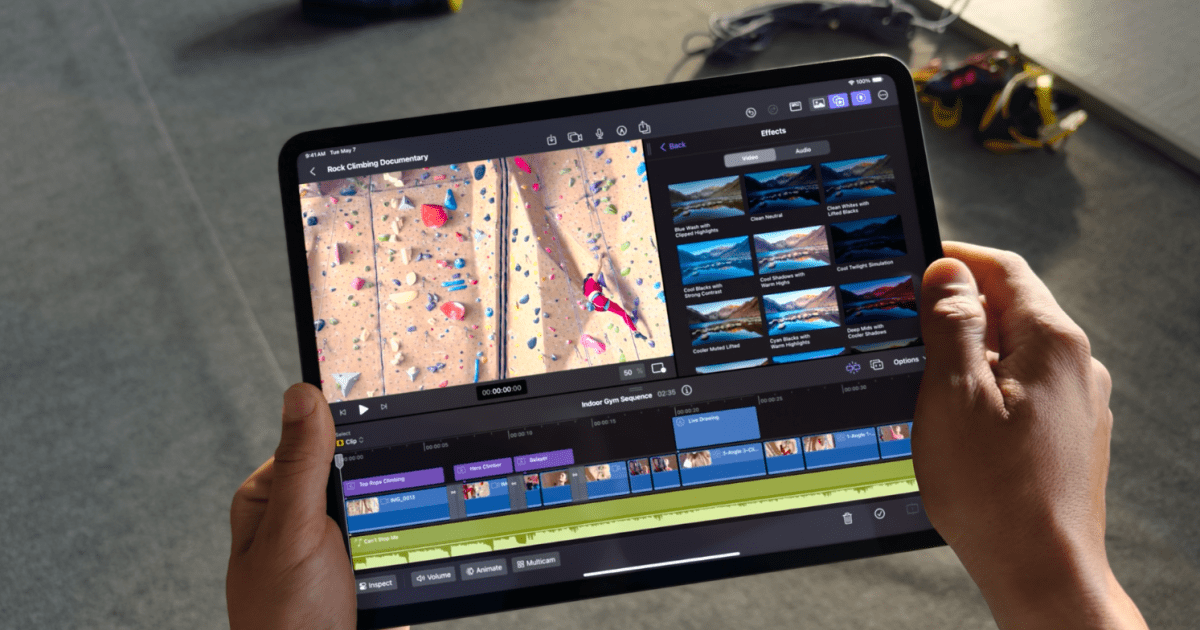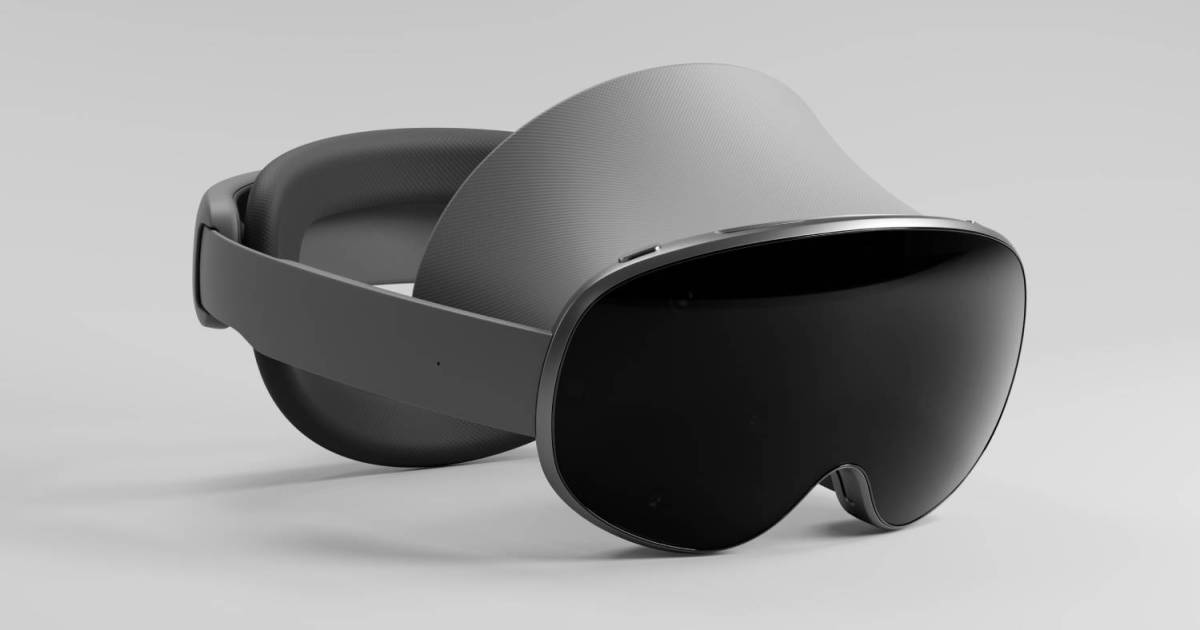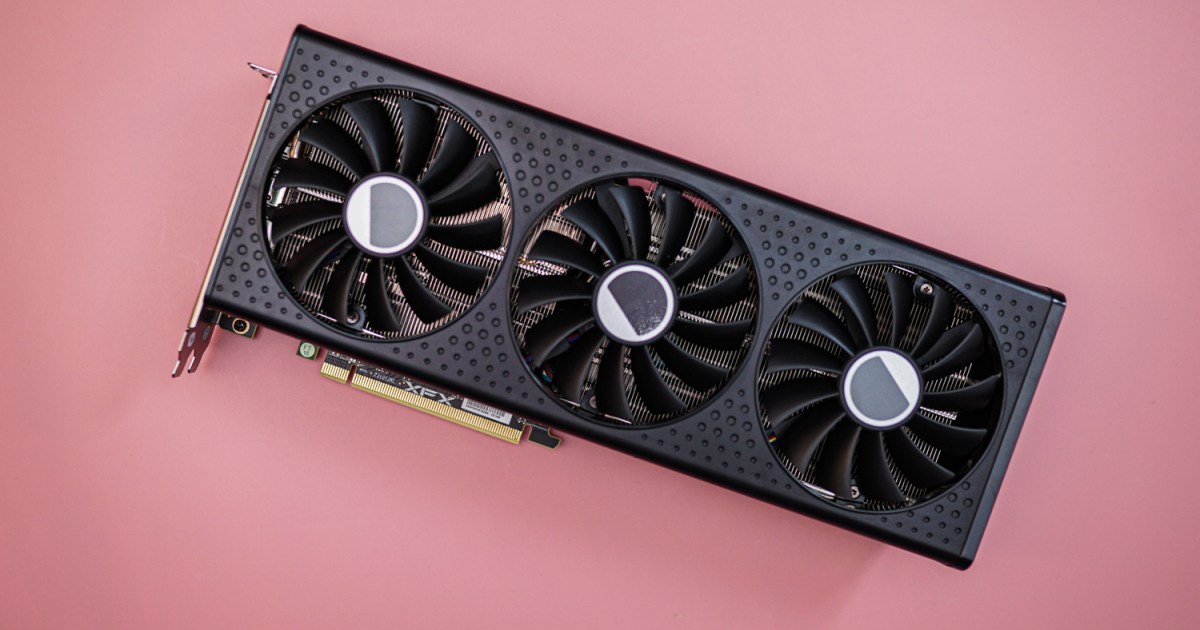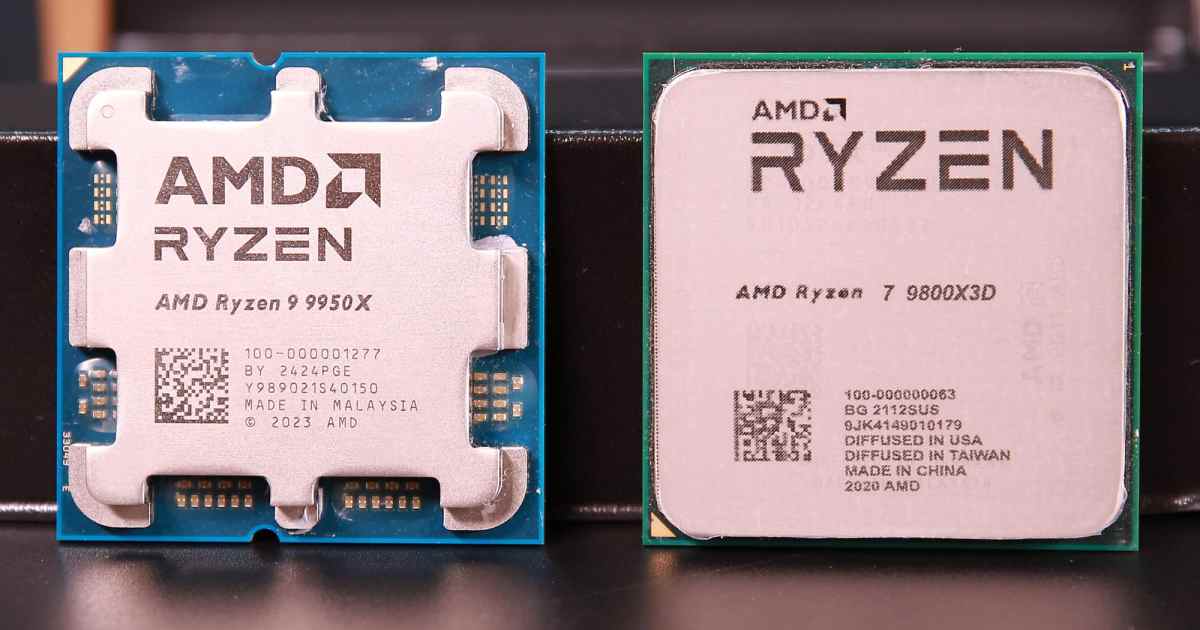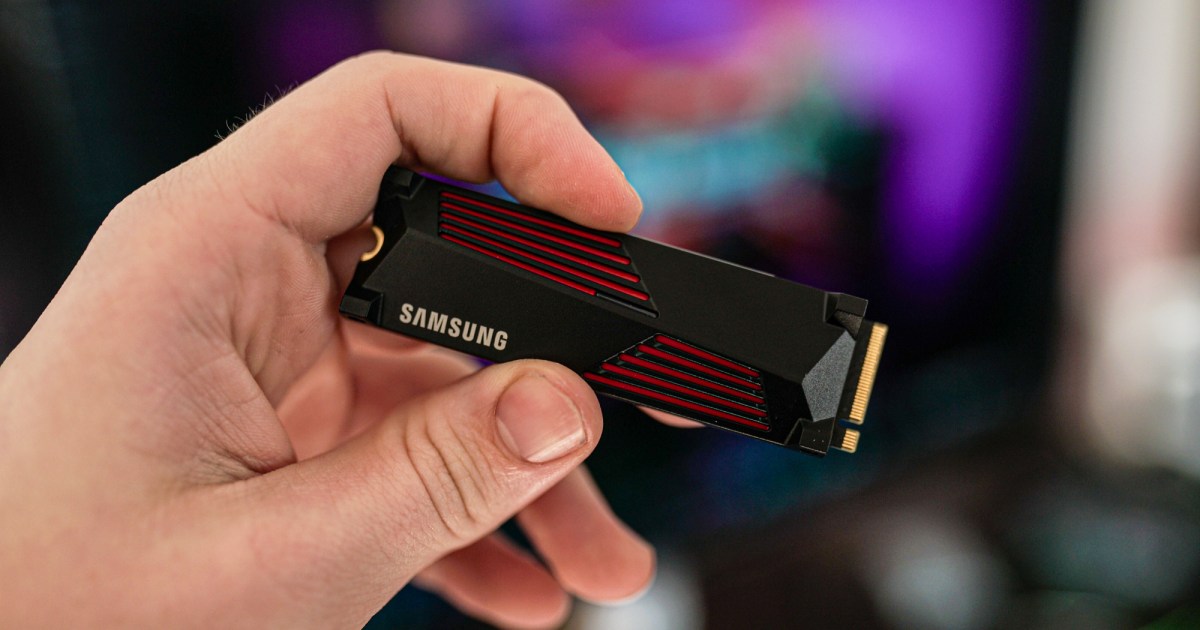Razer has announced a suite of AI-driven updates to its hardware and software, collectively known as Project WYVRN. These advancements promise to revolutionize gaming experiences through enhanced haptics, intelligent game companions, and dynamic RGB lighting. Key highlights include the expansion of Razer Sensa HD haptics to over 90 racing games via the Razer Freyja cushion and the evolution of Project Ava into the Razer AI Game Copilot.
Razer Sensa HD Haptics and Freyja Cushion Elevate Racing Immersion
Razer’s Sensa HD haptics, previously featured in the Kraken V4 Pro headset, are now compatible with over 90 racing games. This expanded functionality is delivered through the Razer Freyja, a vibrating cushion designed to provide realistic tactile feedback. By partnering with SimHub, Razer has integrated Sensa HD into a wide range of racing simulations, allowing players to feel the impact of crashes, acceleration, and other in-game events. This immersive haptic experience adds a new dimension to sim racing, enhancing realism and engagement. RazerStore Sensa Experience Zones will offer demonstrations of this new Sim Racing setup starting March 21st.
 The Razer Freyja cushion against a racing game backdrop.
The Razer Freyja cushion against a racing game backdrop.
Razer AI Game Copilot: Your Intelligent Gaming Companion
Razer’s AI gaming companion, formerly known as Project Ava, has been rebranded as the Razer AI Game Copilot. This tool leverages AI to provide real-time advice, game guides, and performance ratings, empowering players to improve their gameplay. Expanding beyond its initial showcase with Black Myth: Wukong, the AI Game Copilot will now support ARPG titles. The ability to integrate directly into games promises a more seamless and intuitive user experience, although the official release date remains undisclosed.
Dynamic 3D Reactive Lighting with Razer Chroma RGB
Razer Chroma RGB lighting is also receiving a significant upgrade with the introduction of 3D reactive lighting effects. This new feature allows Chroma-enabled peripherals and lighting bars to respond dynamically to in-game events. Explosions, environmental changes, and other visual cues will trigger corresponding lighting effects, creating a more immersive and atmospheric gaming environment. This enhanced integration of lighting and gameplay is expected to become a standard feature in future game titles.
Project WYVRN: Empowering Game Developers with AI Tools
These innovations are all part of Razer’s Project WYVRN, a comprehensive suite of AI tools designed for game developers. Among the most impactful additions is the Razer AI QA Copilot, a tool aimed at streamlining the game development process. Razer claims this tool will significantly reduce development time, potentially leading to faster release cycles and more efficient game creation.
Conclusion: A New Era of AI-Powered Gaming
Razer’s Project WYVRN represents a significant step forward in the integration of AI into gaming. From enhanced haptics and intelligent game companions to dynamic RGB lighting and development tools, these innovations promise to reshape the gaming landscape. By empowering both players and developers with AI-driven solutions, Razer is paving the way for a more immersive, engaging, and efficient gaming future.



